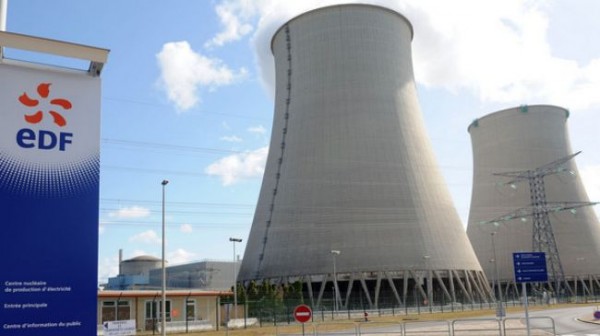[divide][clear]
‘The British energy secretary, Ed Davey, has signed the first new nuclear contract with French state-backed utility firm EDF, admitting only a clairvoyant could know the true cost to the taxpayer of the 35-year contract because of the uncertainty of future energy prices.
Energy academics said on Monday that the deal was a gamble, but estimated the cost would be at least £80bn over the life of the two new reactors to be built in Somerset, or roughly £3.5m a day for each reactor at current rates. The cost will depend on how energy prices move over the next 30 years’. The Guardian.
Environmental groups claimed the price is excessive and the issue of waste unresolved.
From an economic perspective, French and Chinese investors and taxpayers (the contract is with state run companies) will be the main beneficiaries. All predictions about nuclear energy cutting costs for the consumer have failed so far and this particular contract is likely to face spiralling costs.
According to George Mombiot, an environmentalist who actually supports nuclear power because he cannot see any other way to prevent climate change, the technology agreed on this contract will be obsolete even before the plant begins to work at full capacity. He points out that the technology exists that produces energy by consuming nuclear waste instead of producing it with all the storage problems being left to future generations. But the proposed plant will only generate waste.
Fukushima, etc
‘Accidents do happen’, in particular if the system in which these companies exist is not one that holds the human being as the central value. Then shortcomings, corruption and mismanagement create conditions that make those accidents much more lethal. Nuclear energy, at least for the time being, is subject to the problems created by elevating profit as the only criteria in decision making, and that spells risk (as much as terrorism does).
The lack or real commitment to clean energy is not about price, efficiency or the absence of real alternatives, but rather a problem of political dependency on the money of lobbying groups. If the experience of Sellafield in Cumbria is anything to go by, we can expect a few name changes to this new venture, as if that could erase the memory of accidents and contamination.










